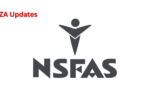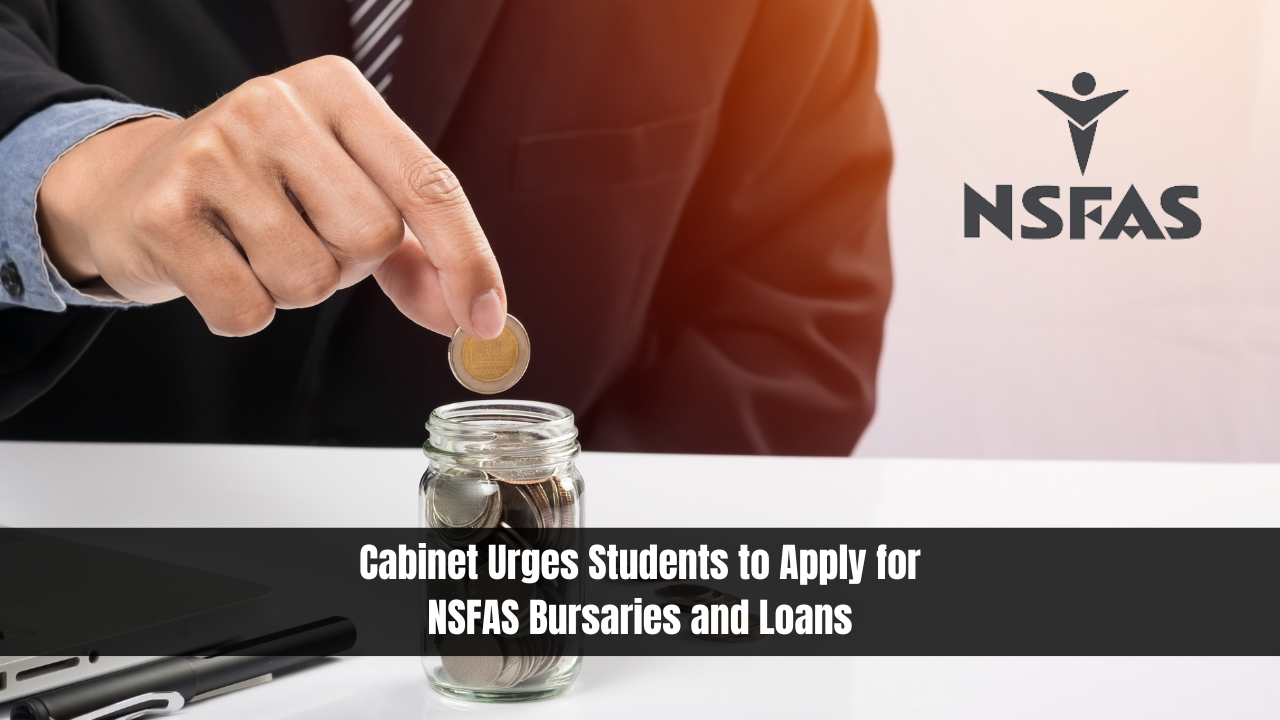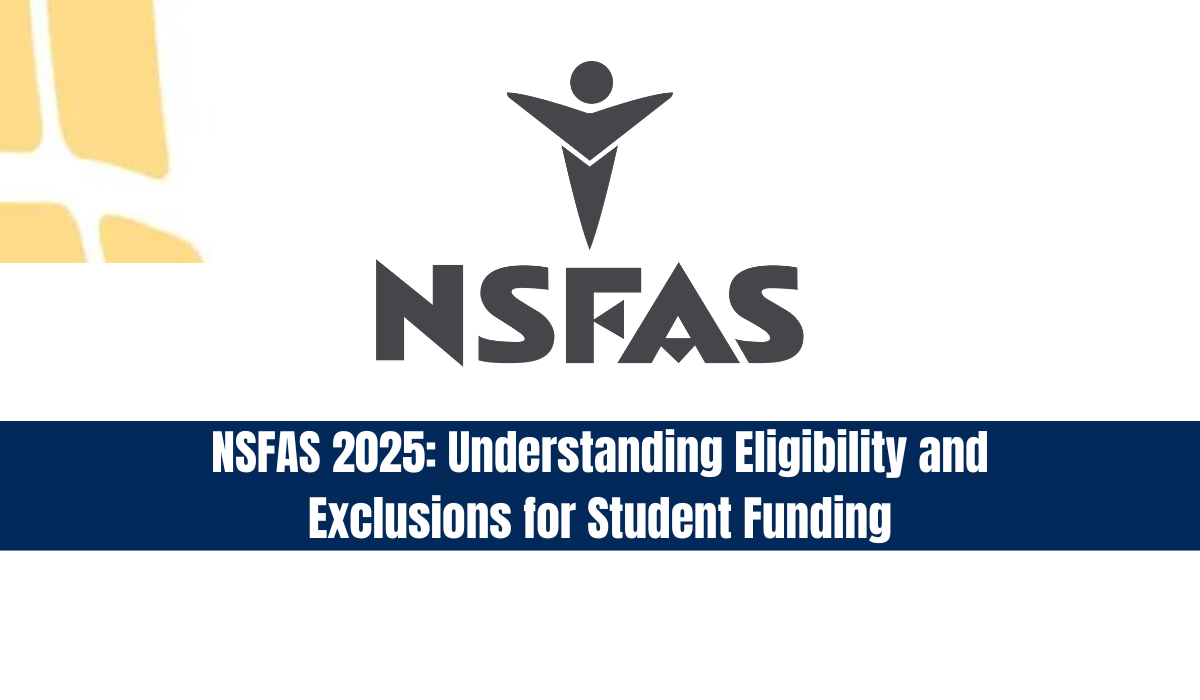NSFAS Loans Can Be Converted Into Bursaries. The National Student Financial Aid Scheme (NSFAS) remains a vital support system for students in South Africa, particularly for those who fall under the “missing middle” category.
With the rising cost of tertiary education, many students struggle to find ways to pay for tuition, accommodation, books, and other academic necessities. Fortunately, NSFAS loans can be converted into bursaries under specific conditions, offering much-needed relief to hardworking learners.
What Is an NSFAS Loan?
The NSFAS loan is a government-backed financial aid initiative designed to support students whose annual household income ranges between R350,000 and R600,000. These students fall into the “missing middle” category, not poor enough for traditional bursaries but also not wealthy enough to afford university fees independently.
NSFAS loans are not entirely free, but they do come with favorable repayment terms. Most importantly, NSFAS loans can be converted into bursaries for academically strong students, meaning that you may not need to pay back the full amount.
What Does the NSFAS Loan Cover?
Students who qualify for NSFAS receive comprehensive funding, which includes:
| NSFAS Loan Coverage | Details |
|---|---|
| Tuition Fees | Full coverage for approved courses at public universities or TVETs |
| Registration Fees | Covered upfront by NSFAS |
| Accommodation Allowance | For students living in residences or private accommodation |
| Living Allowance (Food) | Monthly stipend for meals and basic needs |
| Learning Materials Allowance | For books, stationery, and laptops |
This makes NSFAS loans a practical option for students needing full or partial financial aid throughout their academic journey.
When Can an NSFAS Loan Be Converted Into a Bursary?
A key feature of the scheme is that NSFAS loans can be converted into bursaries, depending on the student’s academic performance and repayment status.
Here’s how the conversion works:
- If you achieve at least a 70% average in all registered modules.
- And complete your qualification within the minimum time as set by your institution.
- Then, you may qualify for a 50% discount on your total loan.
However, this 50% bursary conversion will only be applied after you’ve repaid 50% of your loan. That means, students must first show commitment to repayment before receiving this academic reward.
NSFAS Loan-to-Bursary Conversion Conditions
| Requirement | Condition to Fulfill |
|---|---|
| Minimum Academic Average | 70% in all registered modules |
| Study Completion Time | Within minimum period as per institution’s curriculum |
| Loan Repayment Requirement | At least 50% of the loan must be repaid |
| Maximum Conversion Allowed | Up to 50% of the loan converted into a bursary |
This model encourages students to excel academically while also promoting financial responsibility.
Who Qualifies for an NSFAS Loan?
Not everyone can access this loan. There are clear eligibility requirements for the NSFAS loan scheme:
- Must be a South African citizen or permanent resident.
- Must be registered or intend to register for a course that is approved under NSFAS at a public university or TVET college.
- Must have a combined household income between R350,000 and R600,000 per annum.
- Must maintain a minimum academic average of 60% to keep receiving loan funds.
If a student fails to maintain the 60% minimum academic performance, NSFAS reserves the right to withdraw loan support.
Academic Requirements to Maintain NSFAS Loan
| Requirement Type | Required Performance |
|---|---|
| Retention of NSFAS Loan | Maintain at least 60% average in all modules |
| Conversion to Bursary | Achieve 70% average and complete on time |
Why the NSFAS Loan Conversion Matters
The ability to convert an NSFAS loan into a bursary is a game-changer for South African students. It not only eases the burden of repayment but also motivates students to remain committed to their studies. In a country where student debt is a growing concern, this initiative provides a balanced solution, combining academic merit with financial responsibility.
This also aligns with the government’s vision to support students beyond free education by offering conditional financial incentives for high performers in the post-school education and training (PSET) sector.
Conclusion
NSFAS loans can be converted into bursaries, but only if you meet the right conditions. For thousands of “missing middle” students across South Africa, this could be the difference between long-term debt and debt relief. By maintaining excellent academic performance and repaying part of your loan, you unlock an opportunity to reduce your financial burden significantly.










